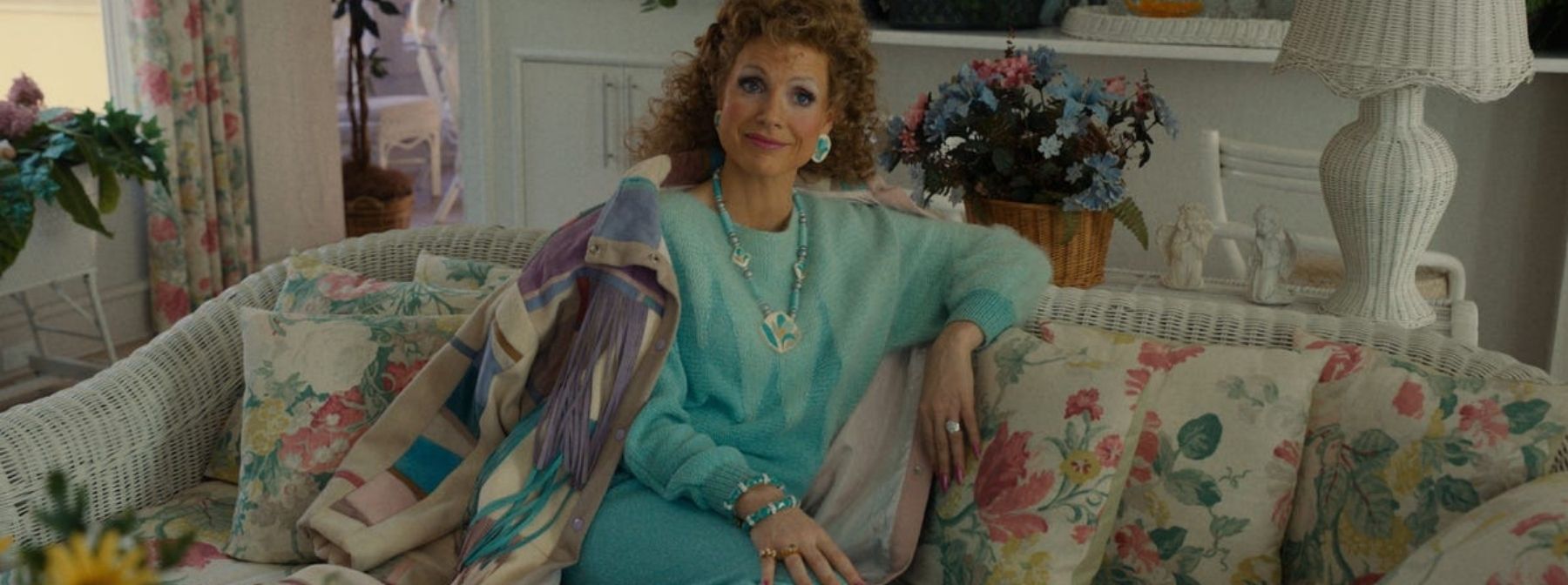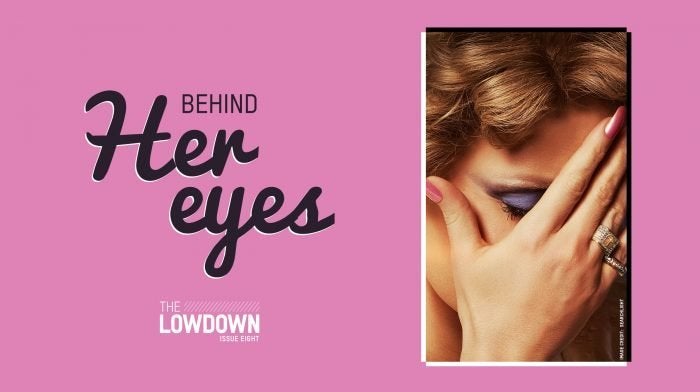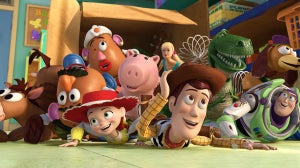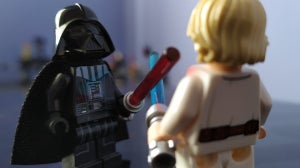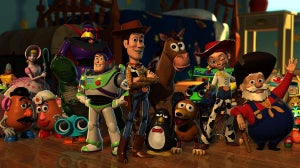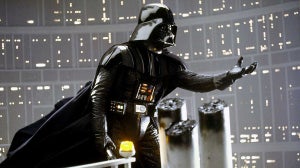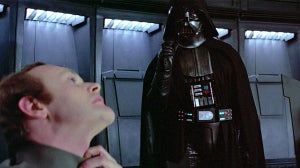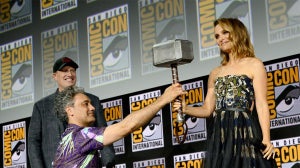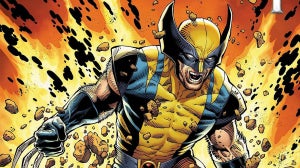
Alongside her then husband, Jim Bakker, she helped pioneer TV televangelism, growing a network (PTL) that became the fourth most watched in America - also spending $200 million building a Christian theme park, that was second to only Disneyland in terms of visitors.
In the eighties, the pair’s fortunes changed, as Jim was revealed to have been using funds for criminal reasons. The pair’s downfall hit, and it became one of the decade’s big tabloid scandals.
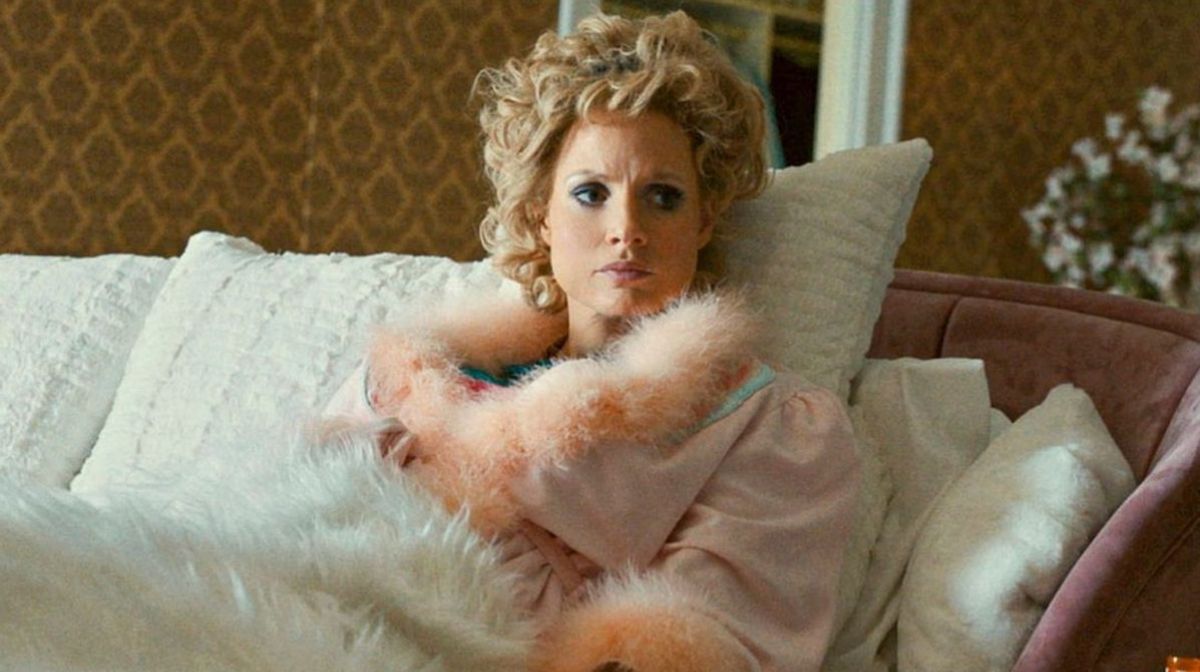
Jessica Chastain has had an eye on making a biopic of these larger than life characters for several years now - and her dream has finally come true via The Eyes Of Tammy Faye, in which she stars alongside Andrew Garfield as Jim Bakker.
She’d been courting several directors over the years, but after developing a different project with Michael Showalter (the man behind films such as The Big Sick), she realised she’d found the perfect filmmaker for the job.
“I didn’t have a lifelong dream of telling this story”, Showalter explained to Zavvi, “but it is something that I’ve always been fascinated by. As a kid I saw the show on television, and the scandal was so ingrained into the cultural consciousness in America.
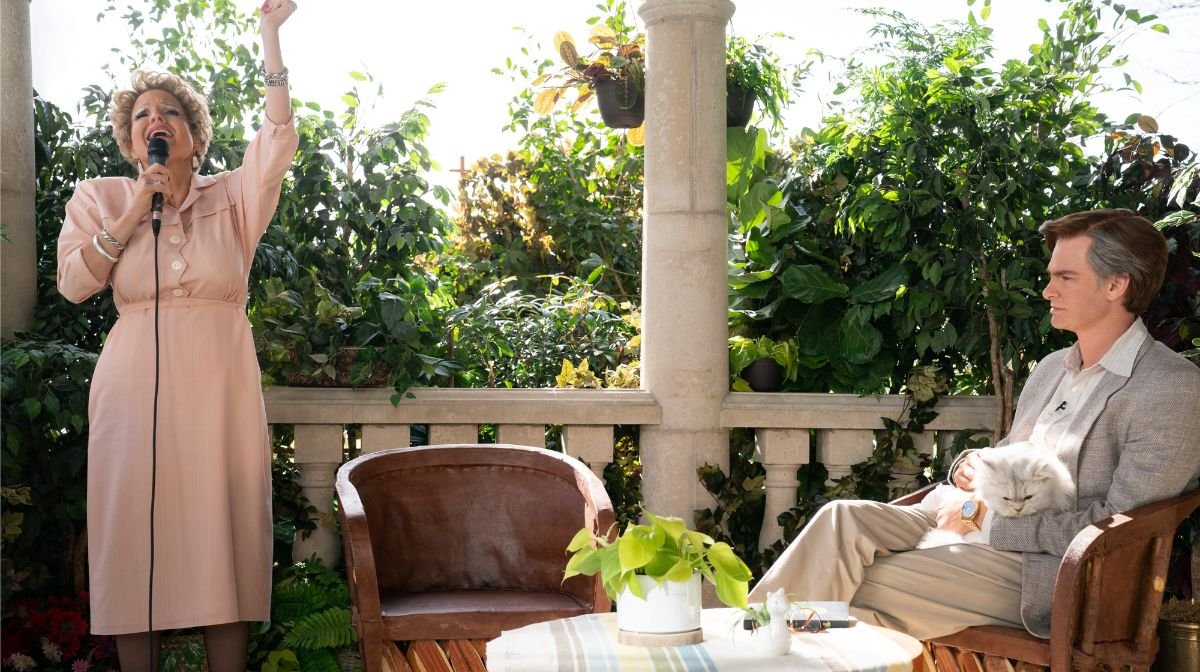
“The case easily lends itself to moviemaking because these are such larger-than-life characters, and to see Chastain take on this role was very intriguing - she’s a wonderful actor, but usually gravitates towards characters that are more composed. I was excited to see her play someone who is far more unhinged at times.”
Yes, Tammy Faye is a more eccentric character than your usual evangelical persona. She recorded faith-based disco albums, followed fashion trends, and even found a second life as a gay icon after the scandal thanks to being one of the few Christian figures who advocated for the gay community at the height of the AIDS crisis.
Naturally, there was curiosity as to what Chastain’s take on such an incomparable public figure would be like, but even Showalter didn’t get a chance to see it until just before the cameras were rolling.

“The voice was something she was working on internally when I first boarded the project - she wasn’t quite ready to show people yet. But I knew that she loved this character and had already formulated her take on it, and I got to incrementally see it before we started shooting.
“We recorded the music in June before shooting in the fall, so I heard her singing in Tammy Faye’s voice before I even heard her speaking! It was only when we got to North Carolina to prep the shoot where I finally heard her, and it was a very slow process - it wasn’t until we got into the costumes and the prosthetics that she started slipping into it.”
One of Showalter’s earliest big screen successes as an actor was a role in Wet Hot American Summer, a 2001 comedy which parodies the summer camp-set teen movies of the 1980s. The comedic premise was simple - grown adults playing teenagers, with no attempt to make them look younger.
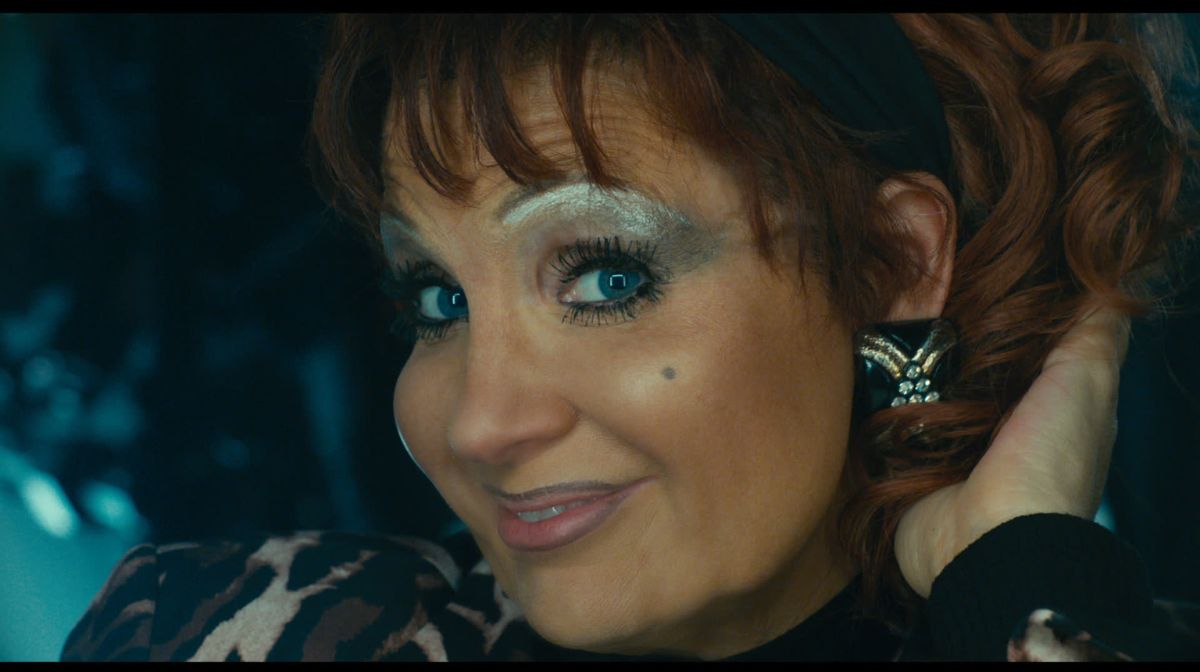
Now in the director’s chair, Showalter found himself once again collaborating with prosthetics teams but this time to ensure that Chastain could look like Tammy Faye from the 1950s all the way to the 1990s.
“It’s kind of like the anti-Wet Hot American Summer in a way. The jokes had to land without the prosthetics falling off. Prosthetics is a difficult process of trial and error, and it was never certain that we were going to get it right.
“Makeup tests would often take up entire 15-hour days, just trying on different pieces, taking photos, working out if it’s there or not. And it wasn’t until pre-production that we saw everything coming together at one time.
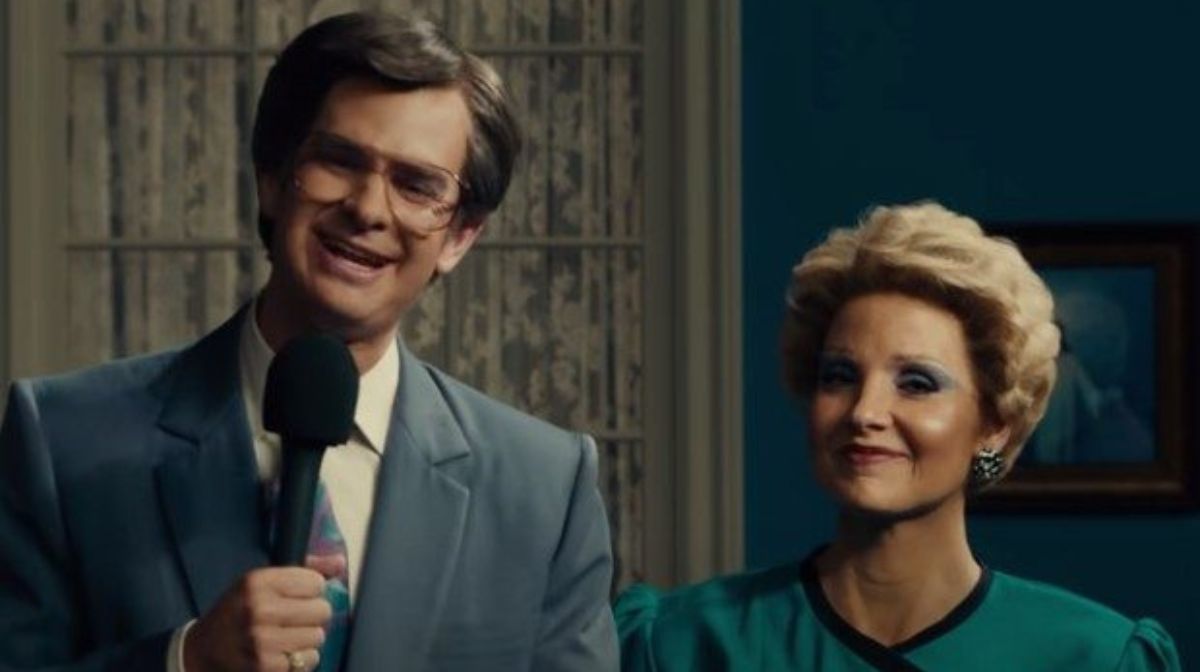
"But that’s part of making a movie, you never know as you’re doing it if you’re going to get it right, and when speaking to the teams who did prosthetics on other films (Vice was one of them), they worked on just the makeup for a year before shooting.
“Christian Bale would come in, they’d try the prosthetics on him, and then he’d go off to film his next project. We didn’t have that time to work with, so it was a challenge to get it right, but also fascinating and rewarding to see it all coming together.”
The other big challenge in telling this story was condensing a decades-spanning narrative into two hours, while remaining keenly aware that audiences under 40 “wouldn’t know who she is”. After signing on to direct, Showalter watched the 2000 documentary of the same name, from which the screenplay is adapted, to find out how her legacy has already been preserved in the cultural consciousness.
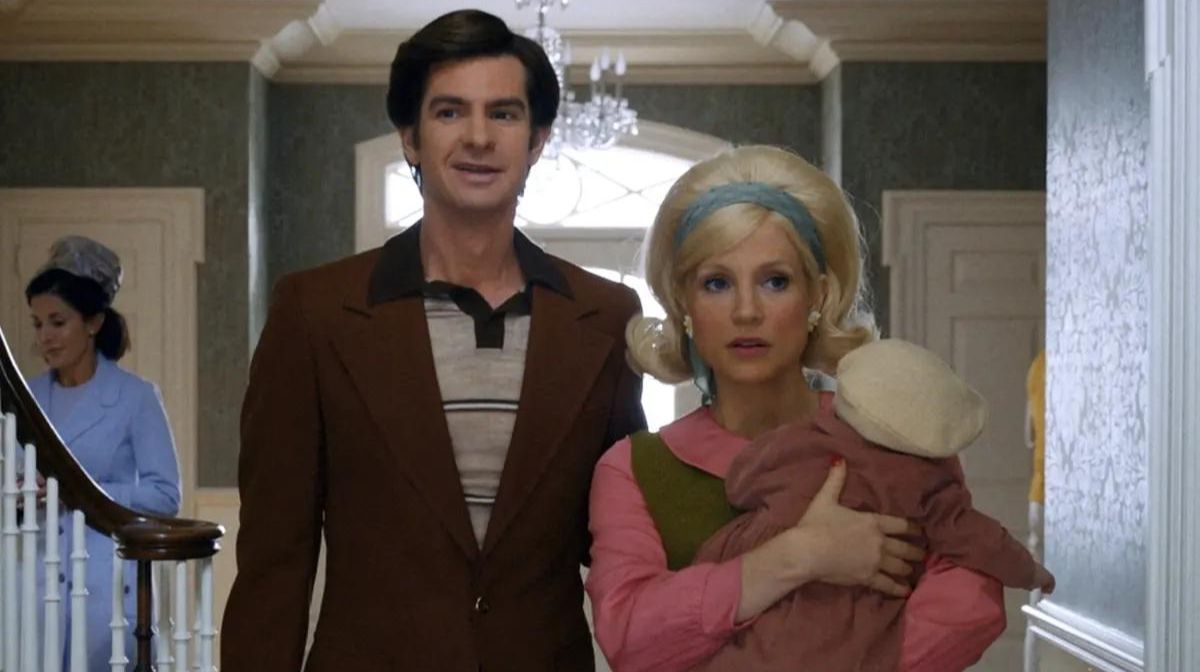
But wrestling this story down led to a lot more experimentation in the editing room than usual for the director, as he wanted to ensure that the film emphasised the pair’s cultural impact from the outset to draw in newbies.
“She’s not as known in America as it may seem like - her last time in the public eye was in the 1980s really. Therefore, the film opens with news footage, not just to explain who they were, but how big a deal they were.
"They’re not these obscure people, they helped create the then-fourth largest television network in the US.”
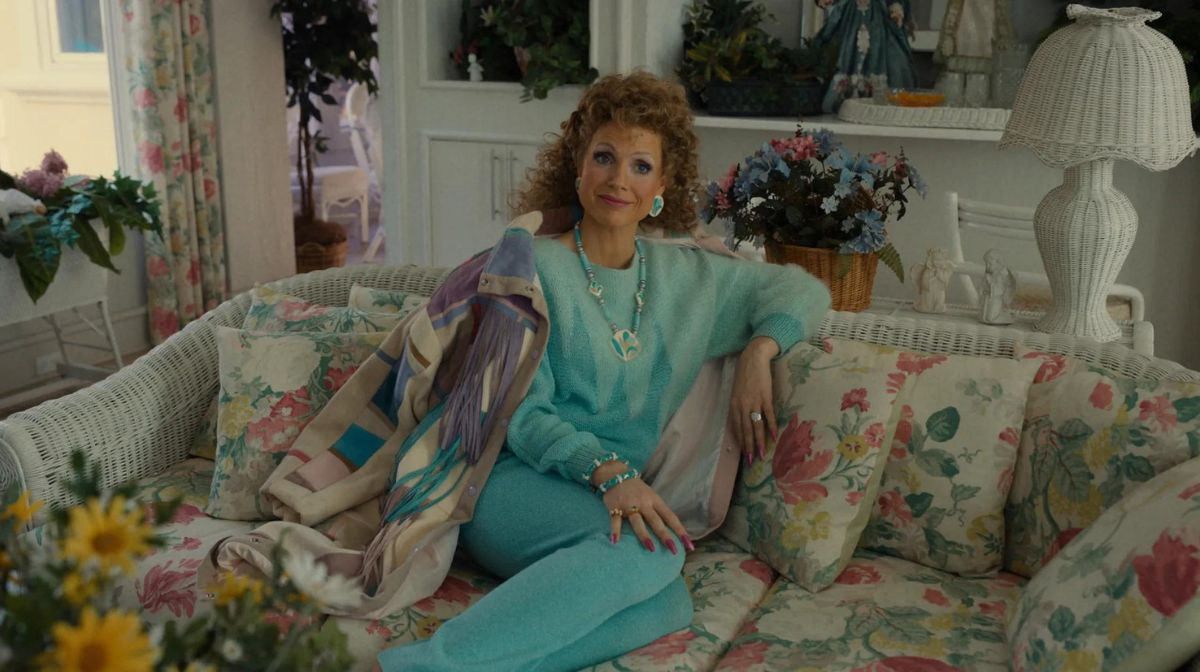
When making a film that charts the rise and fall of a celebrity, told over the span of their entire lives, was Showalter ever concerned about falling into biopic clichés?
“A lot of my projects play with clichés and storytelling conventions - I often find myself drawn to that. This was a film where I felt strongly about the script and didn’t want to change it, so looking at other biopics to find clichés to avoid was never in question.
"It was all about trying to achieve the perfect tone for this wild screenplay, to capture the fun and entertainment values, whilst allowing for it to be dramatic and heart-breaking as well.”
The Bakkers remain controversial figures, but the film depicts Tammy Faye (who passed away in 2007 from cancer) in a mostly positive light. Did making this movie give Showalter a new perspective on a figure who was always the butt of the joke while he was growing up?
“Yes and no. The documentary already helped me see Tammy Faye in a different way, and we’re covering a lot of the same topics and ideas about how she was treated. What surprised me more was how they changed Televangelism as a medium.
“When it started, they created the idea that Christian television could be entertainment, not just sermonising. I think there’s still a timeliness, especially in the US, about the relationship between media and religion,politics and religion, and capitalism and religion - there are threads running through it all over the place. That was my biggest takeaway.”
The Eyes Of Tammy Faye is released in UK cinemas on 4th February.
For all things pop culture, follow us on Facebook, Instagram, Twitter and TikTok.

